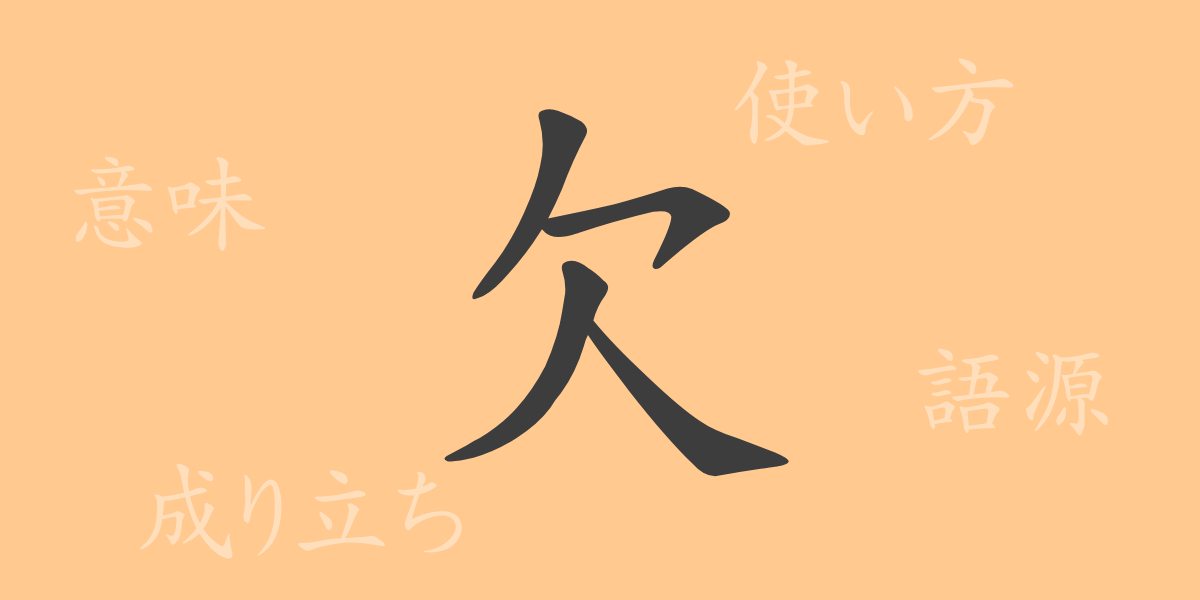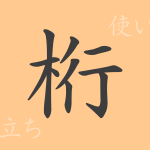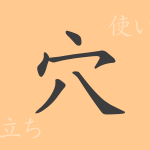The beauty of the Japanese language lies in its complexity. Kanji characters, in particular, embody a deep history and culture within their forms and meanings, shaping the core of the Japanese language. In this article, we focus on one of Japan’s common kanji characters, “欠(けつ, ketsu),” exploring its origins, meanings, usage, and expressions that incorporate this character.
Origin of 欠(けつ, ketsu) (Etymology)
The kanji “欠(けつ, ketsu)” has ancient origins, tracing back to oracle bone script. Originally, it symbolized a person opening their mouth and exhaling, which later came to represent “lack” or “deficiency.” Over time, the character evolved into its current form, retaining these meanings.
Meaning and Usage of 欠(けつ, ketsu)
The kanji “欠(けつ, ketsu)” means “lack,” “deficiency,” or “to yawn.” It is used to indicate something that is missing or incomplete. Additionally, it describes the action of yawning. This character is crucial in various idioms and expressions, playing a significant role in Japanese language and culture.
Readings, Stroke Count, and Radical of 欠(けつ, ketsu)
The kanji “欠(けつ, ketsu)” has multiple readings in Japanese:
- Readings: The on’yomi (Chinese reading) is “けつ(ketsu),” and the kun’yomi (Japanese reading) is “か・ける(ka.keru)” and “か・け(ka.ke).”
- Stroke count: It consists of 8 strokes.
- Radical: The radical is “欠(けつ, ketsu)” itself, categorized as the “欠部(けつぶ, ketsubu).”
Idioms, Expressions, and Proverbs Using 欠(けつ, ketsu)
There are numerous idioms, expressions, and proverbs that include “欠(けつ, ketsu).” Here are some examples:
- 欠席(けっせき, kesseki): Not attending a scheduled place or event.
- 欠点(けってん, ketten): Imperfections or areas that need improvement.
- 欠乏(けつぼう, ketsubou): A state of lacking necessary items.
- 欠伸(あくび, akubi): Yawning due to tiredness or sleepiness.
- 一日の計は朝にあり、一年の計は元旦にあり(いちにちのけいはあさにあり、いちねんのけいはがんたんにあり, ichinichi no kei wa asa ni ari, ichinen no kei wa gantan ni ari): A proverb meaning that daily plans should be made in the morning, and yearly plans at the beginning of the year.
Conclusion on 欠(けつ, ketsu)
The kanji “欠(けつ, ketsu)” symbolizes a state of lacking or incompleteness, as indicated by its form. Widely used in Japanese, this character deeply embeds itself in daily life through idioms and expressions. Understanding the history and culture behind the words enhances our comprehension of the Japanese language, providing a richer perspective.

























